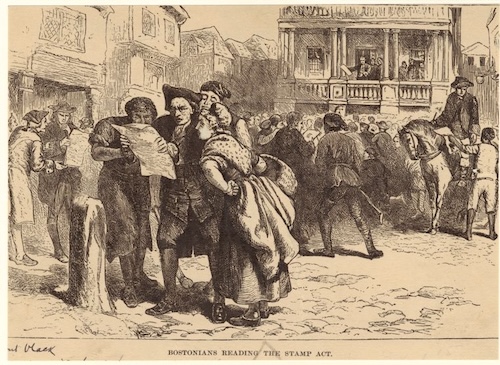British colonists in North America celebrated when the French and Indian War ended in 1763. France was no longer a threat to Britain, and Britain now claimed more land. Many colonists believed they had helped win the war and earned the right to live more freely. But the British government had other concerns. The victory brought new costs, and the decisions Britain made next began to change how colonists viewed the empire.
The war had created a huge debt for Great Britain. Years of fighting had drained the empire’s money. Britain also had to pay for managing new lands and keeping soldiers in the colonies. British leaders believed that colonists should help pay for this effort, especially since the war had protected them.
Parliament began to create new policies for the colonies to help Britain recover from the debt. These included rules about trade, restrictions on certain goods, and changes to how money moved through the colonies. Many colonists saw these new rules as unfair. They felt they had little voice in decisions that affected their daily lives.

Colonists were also frustrated by other British decisions. Some colonists began to ask why British soldiers were still in the colonies. After the war ended, they felt there was no reason for troops to stay. Others were angry about new rules that blocked them from settling west of the Appalachian Mountains. The area had been a major reason for the war, and many colonists had fought or lost family to defend it. Britain wanted to keep settlers out to avoid more conflict with Indigenous groups in the area. But colonists believed they had earned the right to move west. Being denied access to this land felt like a betrayal.
The war had once united the colonies and Britain in a common goal. But in the years after, colonists felt more distant from the empire. They believed their freedoms were shrinking and that British control was growing. What once felt like shared responsibility now felt like an unwanted obligation. As trust in British leadership faded, many colonists began to imagine a different future, one where they made their own decisions.
